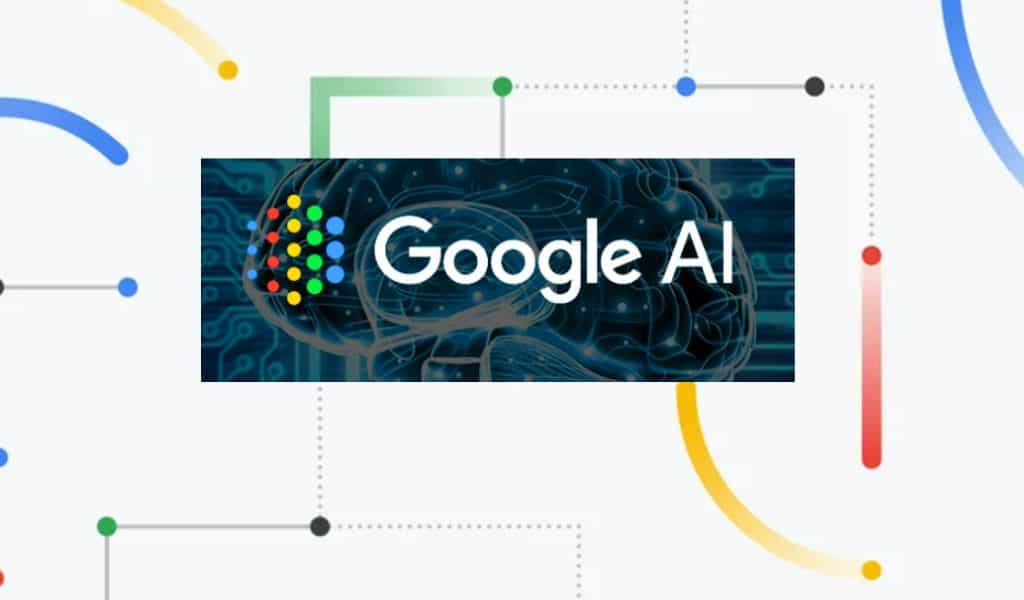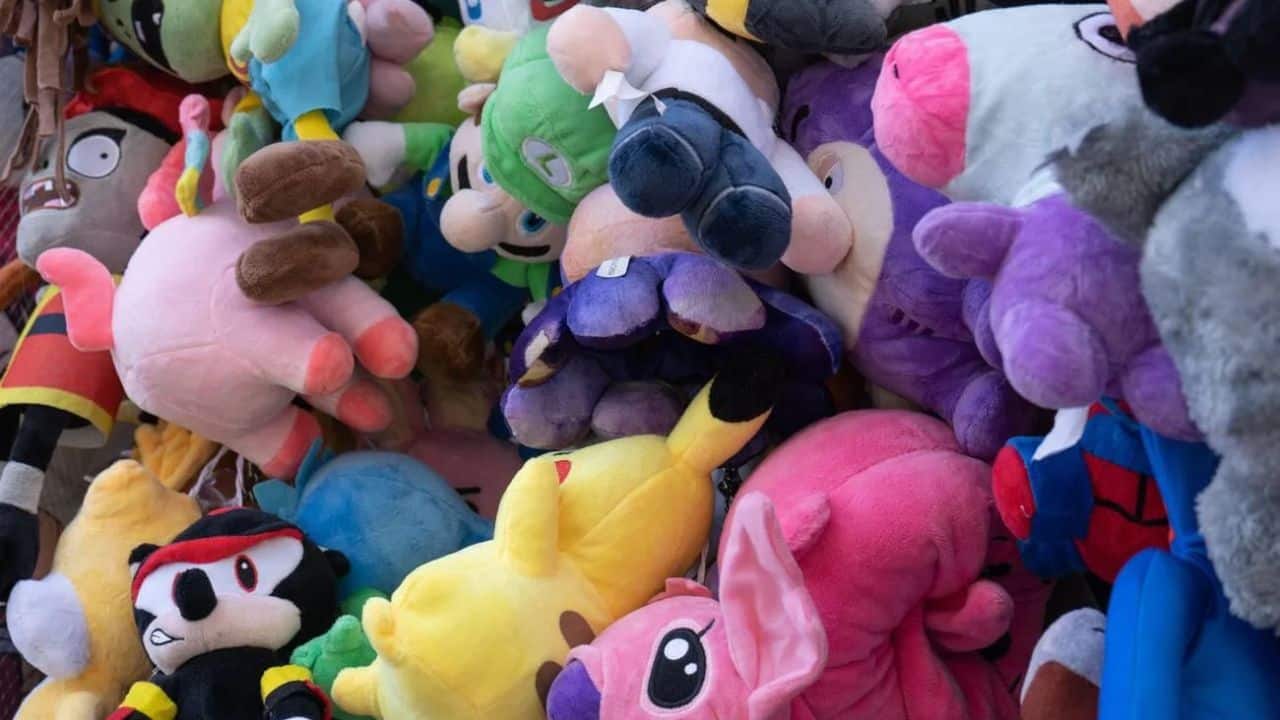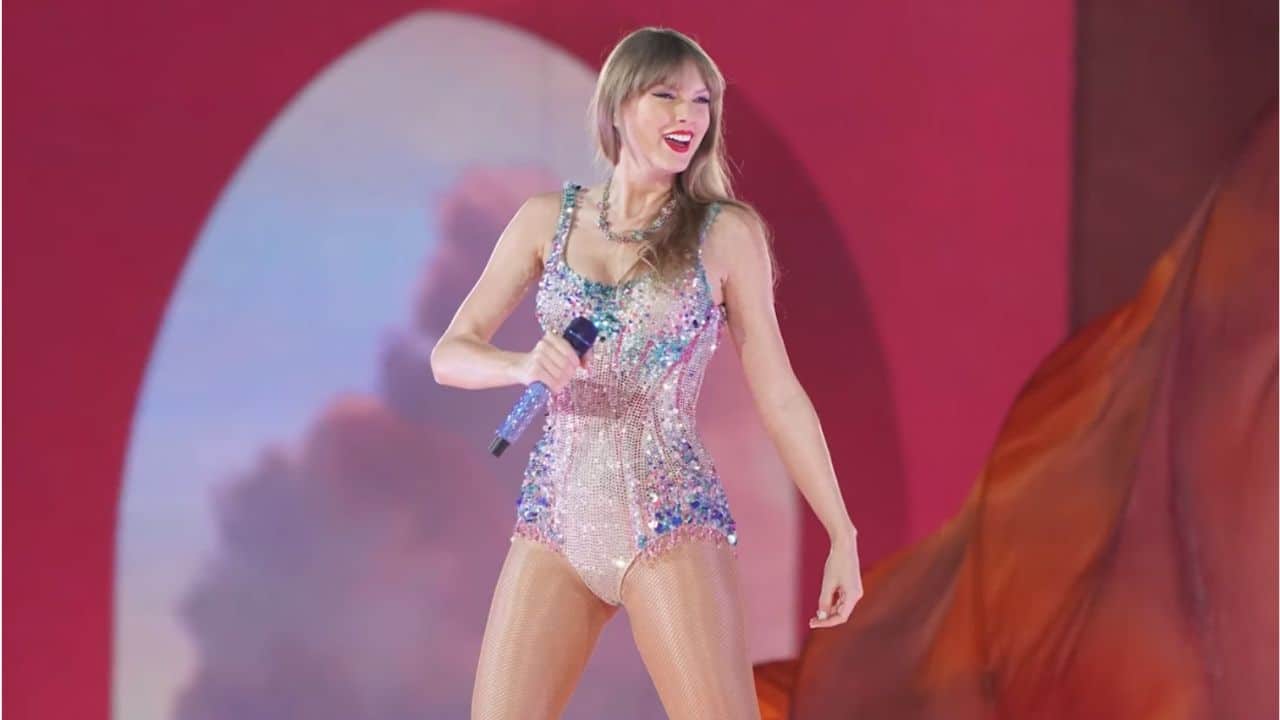Listen to Podcast:
Alphabet Inc. saw a drop of $100 billion in market value on Wednesday as a result of its new chatbot spreading false information in a promotional video and a company event failing to impress.
These developments added to growing concerns that the parent company of Google is losing ground to its competitor Microsoft Corp.
Read More: Google CEO Sundar Pichai
During regular trading hours, Alphabet share prices dropped by as much as 9%, with volumes that were roughly three times the 50-day moving average. They recovered some of their earlier losses and were essentially unchanged. The share price dropped by forty percent during the course of the previous year but has gained fifteen percent since the beginning of this year, excluding the gains made on Wednesday.
A mistake was made in the advertisement for Google’s new chatbot, Bard, which launched on Monday. The inaccuracy concerned which satellite was the first to take photographs of a planet outside of the solar system that contains the Earth. Reuters was the first news organization to bring out the blunder.
After OpenAI, a startup that Microsoft is backing with approximately $10 billion, introduced software in November that has wowed consumers and become a fixation in Silicon Valley circles for its surprisingly accurate and well-written answers to simple prompts, Google has been on its heels. OpenAI’s software has become a fixation in Silicon Valley circles for its surprisingly accurate and well-written answers to simple prompts.
The presentation that was being live-streamed by Google on Wednesday morning did not provide any specifics regarding how or when the company plans to include Bard in its primary search function. Microsoft hosted an event the day before to promote the fact that it had already made available to the general public a version of its Bing search that included ChatGPT functions incorporated into it.
Read Also: Elon Musk Master Plan 3
Google, headquartered in Mountain View, California, was the company that spotted Bard’s mistake in the nick of time before the presentation.
According to Gil Luria, senior software analyst at D.A. Davidson, “While Google has been a leader in AI innovation over the last several years, they seemed to have fallen asleep on implementing this technology into their search product.” [Citation needed] “While Google has been a leader in AI innovation over the last several years,” “Over the past few weeks, Google has been working around the clock to catch up on Search. As a result, the announcement from yesterday (Tuesday) had to be hastily prepared, and they made the humiliating mistake of presenting the incorrect answer during their demonstration.”
On Wednesday, Microsoft’s share prices increased by almost 3 percent, but they remained unchanged after the market closed.
On Twitter, Alphabet shared a little GIF video showing Bard in action with the promise that it would help explain difficult concepts. However, the service ended up providing an incorrect response.
Within the advertisement, Bard is presented with the following question: “What recent findings from the James Webb Space Telescope (JWST) can I discuss with my 9-year-old child?” In his response, Bard provides a number of responses, one of which suggests that the James Webb Space Telescope (JWST) was used to take the very first photographs of an exoplanet, which is a planet that exists outside of the solar system that contains the Earth. However, NASA has acknowledged that the Very Large Telescope (VLT) at the European Southern Observatory was responsible for taking the very first photos of an extrasolar planet in the year 2004.
Also Read: Google Maps Launches AI-powered Immersive View
According to a statement made by a Google official, “this underlines the need for a rigorous testing procedure,” which is something that Google is beginning this week with the launch of its Trusted Tester program. “In order to ensure that Bard’s responses reach a high standard for quality, safety, and grounding in real-world knowledge, we will combine the feedback we get from outside sources with our own internal testing,”
Intimidating Rival
As a result of decreased expenditure on advertising, Alphabet just had a poor fourth quarter.
According to reports, the search and advertising behemoth is ramping up its attempts to keep up with OpenAI and other competitors by bringing on board the company’s co-founders, Sergey Brin and Larry Page.
According to King Lip, chief strategist at Baker Avenue Wealth Management, which holds shares of both Alphabet and Microsoft, “people are starting to wonder whether or not Microsoft is going to be a credible rival today versus Google’s truly bread-and-butter business.”
Concerns regarding Alphabet may, however, be exaggerated, according to Lip, who stated that “I think still Bing is a far, far cry away from Google’s search skills.”
After tens of thousands of job losses in recent weeks and corporate pledges to cut back on so-called moonshot initiatives, technology companies have been re-energized by the release of the new ChatGPT software. According to research conducted by Reuters, top executives in the technology sector have become fixated on artificial intelligence (AI), and as a result, the topic has been brought up on earnings calls in recent quarters at a rate that is up to six times higher than in earlier periods.
Know More: NASA to Test Nuclear Fission Spacecraft Engine
AI-driven search is appealing because it has the potential to spit out results in plain language rather than in a list of links. This might make browsing far faster and more efficient. It is not yet apparent what effects this would have on targeted advertising, which is the primary revenue source for search engines like Google.
Consumers who have tested the service have found that it has intrinsic biases that can skew results, sexualize photographs, and even plagiarize text, which is a problem for businesses that deploy chatbot AI systems. For example, in 2016, Microsoft released a chatbot on Twitter that almost immediately started creating racist comments before it was taken offline. In addition to this, artificial intelligence that was utilized by the news website CNET was found to produce articles that contained factual errors or were plagiarized.
When this article was written, the advertisement for Bard had already been seen over a million times on Twitter.




































